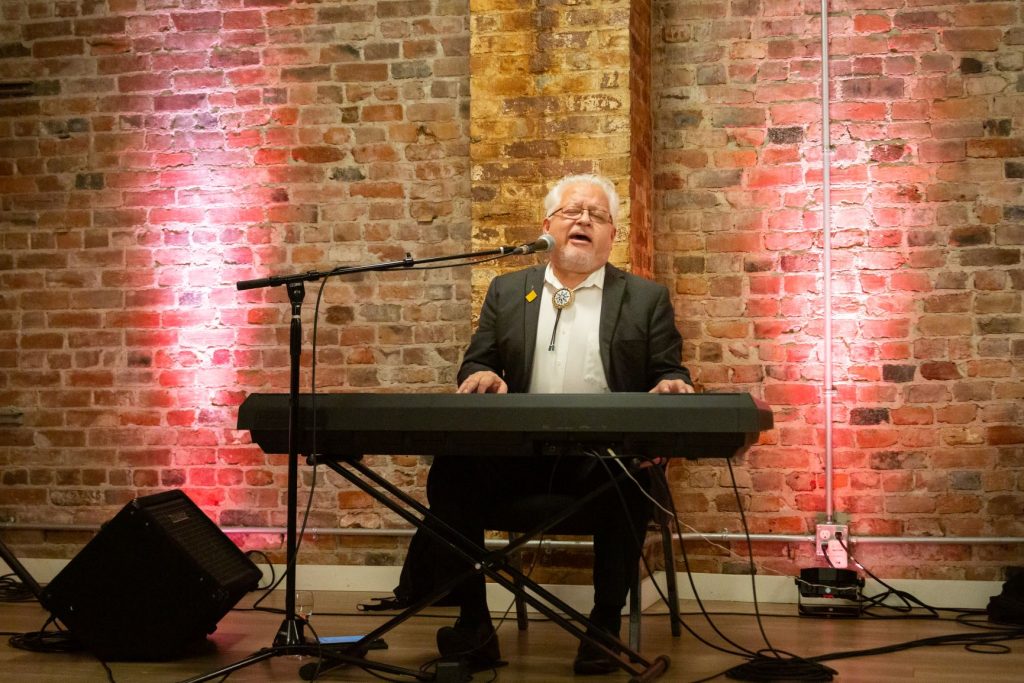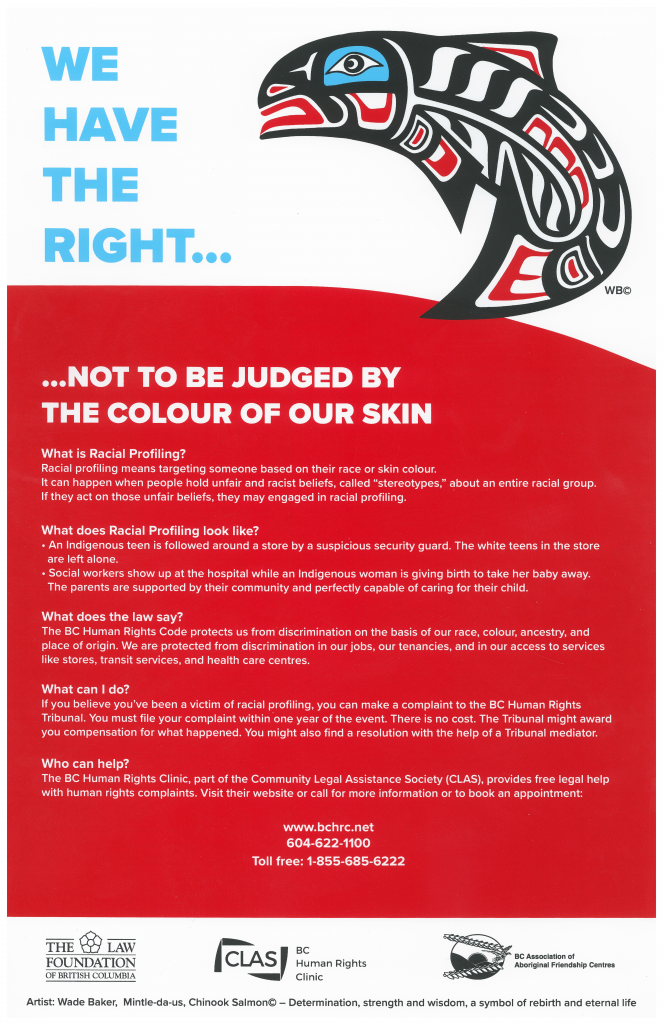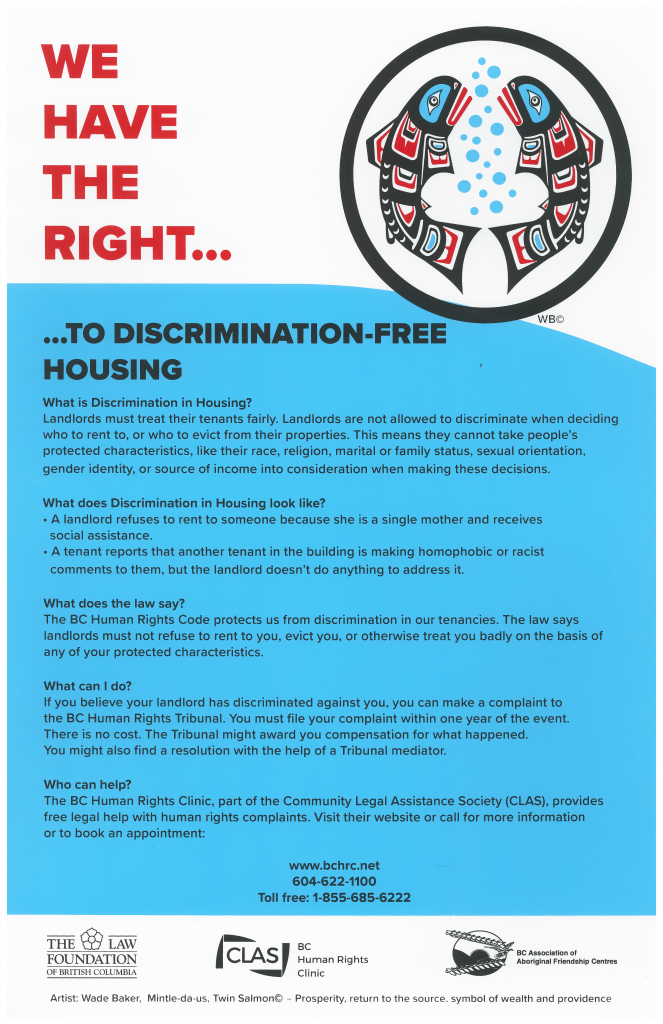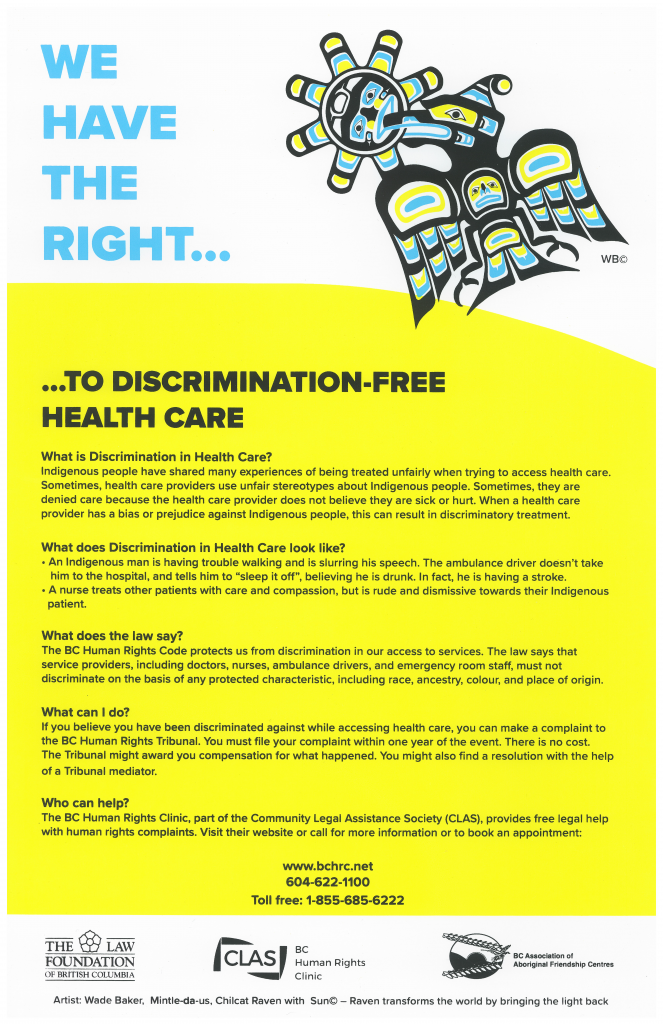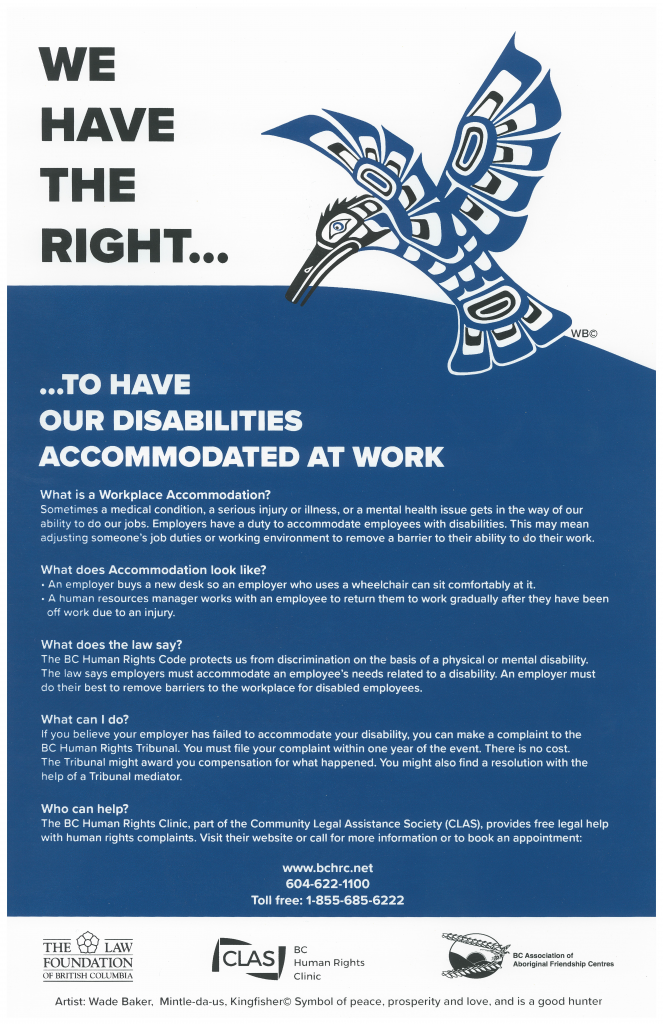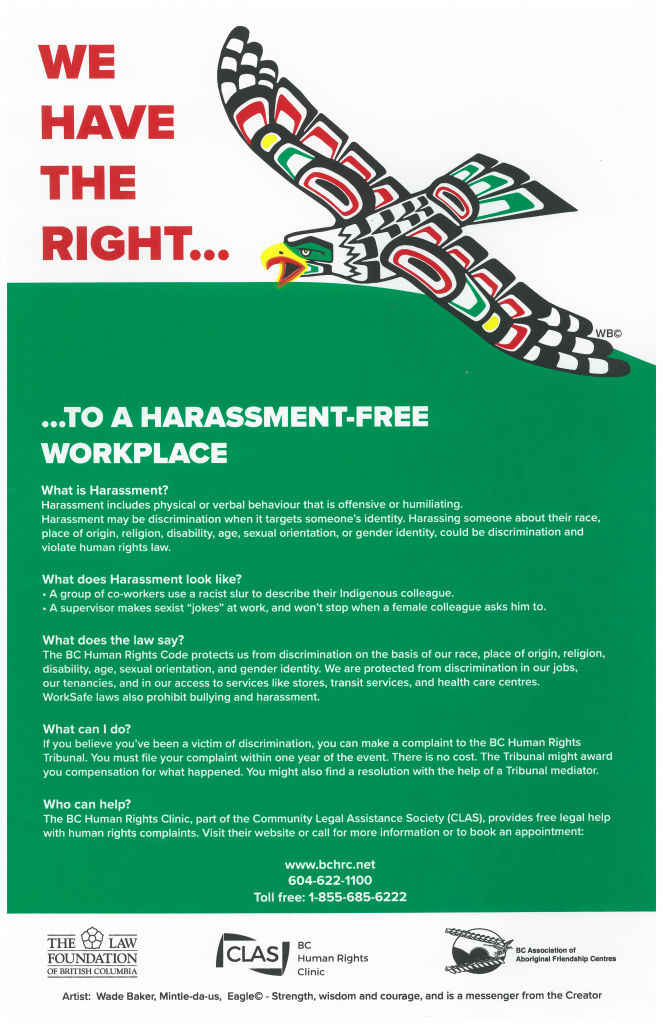

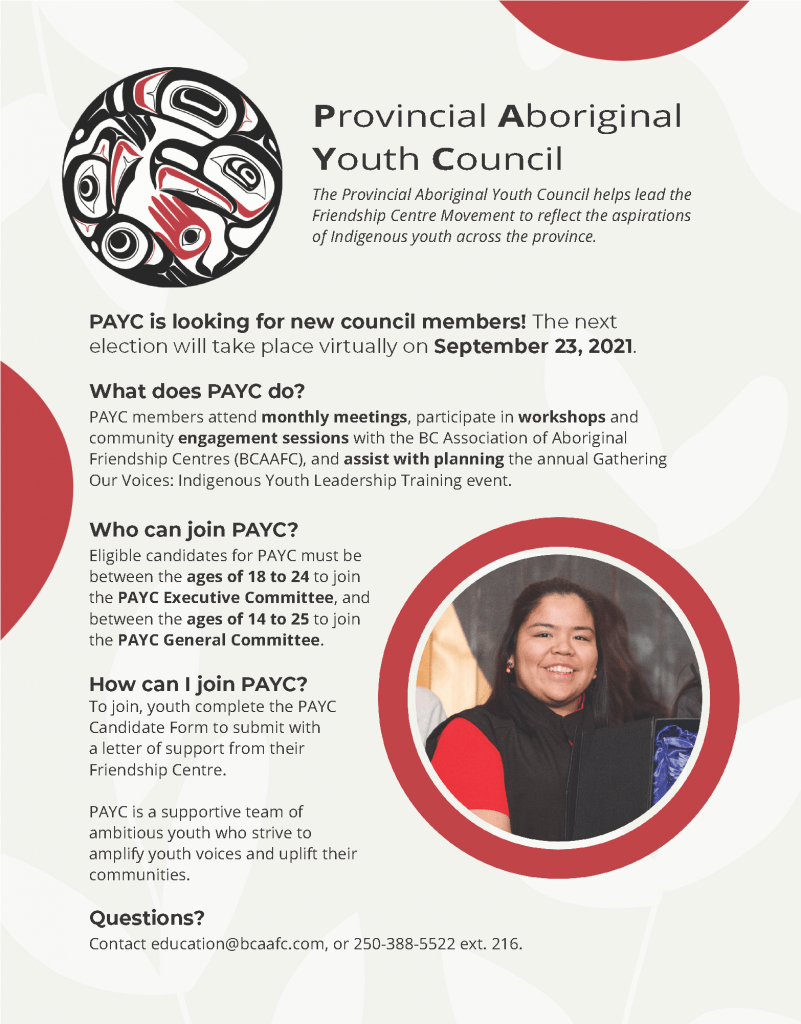
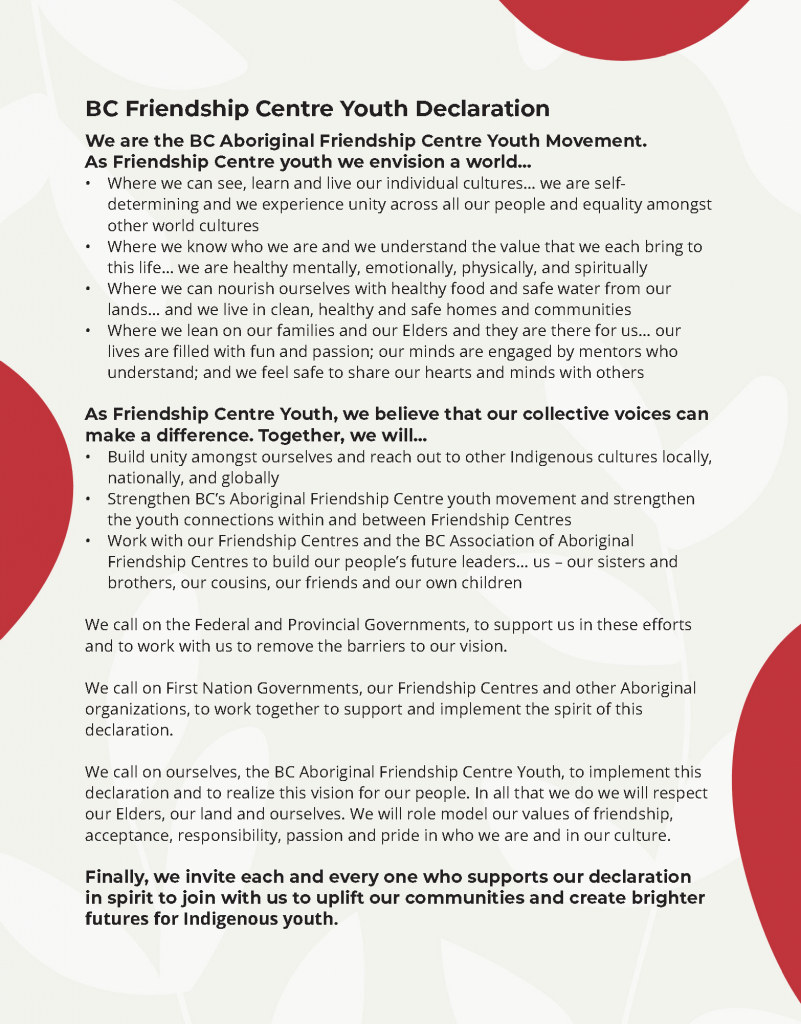
The BCAAFC Annual General Meeting is scheduled to take place Thursday, September 23, 2021, to Saturday, September 25, 2021, on the unceded traditional territory of the Musqueam people in Richmond, BC.
Voting will take place in person at the event.
If you have any questions or concerns, please email govcoordinator@bcaafc.com.
Thank you,
BCAAFC Board of Directors
